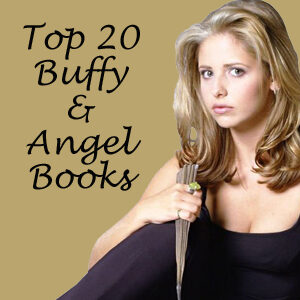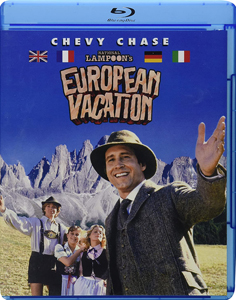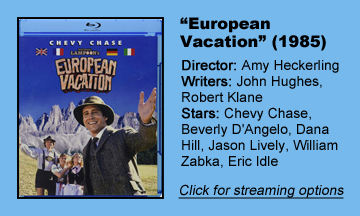With “European Vacation” (1985), the first sequel to “National Lampoon’s Vacation” (1983), we’re forced to conclude that either 1, John Hughes is capable of writing bad stuff, or 2, he handed off most of the duties on this one.
He’s credited with the story and co-credited on the screenplay with Robert Klane (“Weekend at Bernie’s”). Amy Heckerling (“Fast Times at Ridgemont High,” “Clueless”) directs, and this is likewise not one of her finer credits.
An ugly Europe
“European Vacation” isn’t terrible for the first hour or so, but nor does it rise to the level we expect after the first one. It starts slow, with an unfunny and overlong sequence of the Griswolds winning a European vacation on a game show.
The family’s name is even spelled wrong on the game show (“Griswalds”), suggesting a degree of sloppiness on this sequel. The best joke, only mildly amusing, is the game-show host parody wherein he kisses Ellen (Beverly D’Angelo) and Audrey (Dana Hill) on the lips.
The Griswolds – and the production team — go to England, France, Germany and Italy, but “European Vacation” somehow makes even Paris look ugly.
This is a drab, gray film, and that’s reflected in the family interactions. While “European” repeats the original’s premise of a family that loves each other despite its squabbles, there’s less conviction the second time around.
It doesn’t help that the kids are recast. Hill and Jason Lively are not awful, and Audrey and Rusty do get their own threads this time – Aud fears getting fat and misses her boyfriend (“The Karate Kid’s” William Zabka), and Russ hits it off with a couple of girls – but the continuity is thrown off.
Different style of humor
Even when it’s at its funniest, the style of humor diverts from what’s established in “Vacation.” The best running gag is that clumsy Clark (Chevy Chase, given few opportunities to cut loose) keeps injuring a friendly English cyclist, who keeps telling Clark it’s no big deal. Played by Eric Idle, it’s no wonder this feels like a “Monty Python” gag has been transplanted.
Additional cultural humor comes at the Griswold’s first stop, an English hotel, when Ellen takes a bubble bath in a bathroom that’s open to all the guests and Clark crawls into bed in the wrong room. (Fun cameo alert: The man in the bathroom with Ellen is Robbie Coltrane, later Hagrid in the “Harry Potter” films. So you can see what he looks like sans beard.)
Here and there, a gag lands. I like the joke wherein Clark can’t get into the left lane to exit a traffic circle; we cut from day to night to show how absurdly long it’s taking. When Clark flings Rusty’s monogrammed beret off the Eiffel Tower and a dachshund leaps into the air after it, it’s funny if only because it’s something you don’t see every day.
Falling back on stereotypes
But rather than building in humor, “European” declines, relying on unexamined stereotypes. The French are rude, the Germans drink and brawl, and then a convoluted crime plot no one could possibly care about kicks in for the final act in Rome.

Indeed, when a drunken Ellen is hit on by Victor Lanoux’s criminal, nothing about the sequence is funny, including the weak attempts to get laughs from Ellen knocking over wine glasses and a table.
Network’s “Back in America” plays over the closing credits along with a photo montage of USA iconography, and we’re supposed to reflect on how – despite all the good times on vacation — it’s good to be home.
That sentiment lands, except that “European Vacation” isn’t as good of a time as it should be with Hughes and Heckerling collaborating. While it’s not without its moments or its defenders, this is the clear low point of Hughes’ “Vacation” trilogy.


